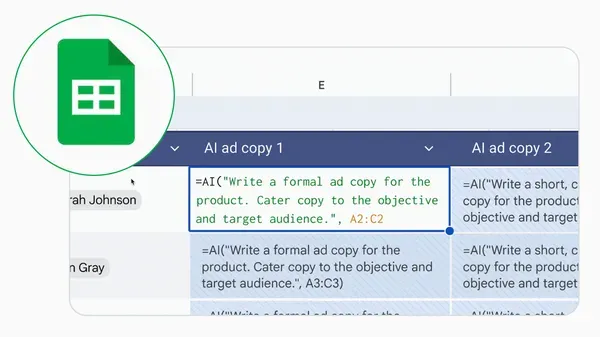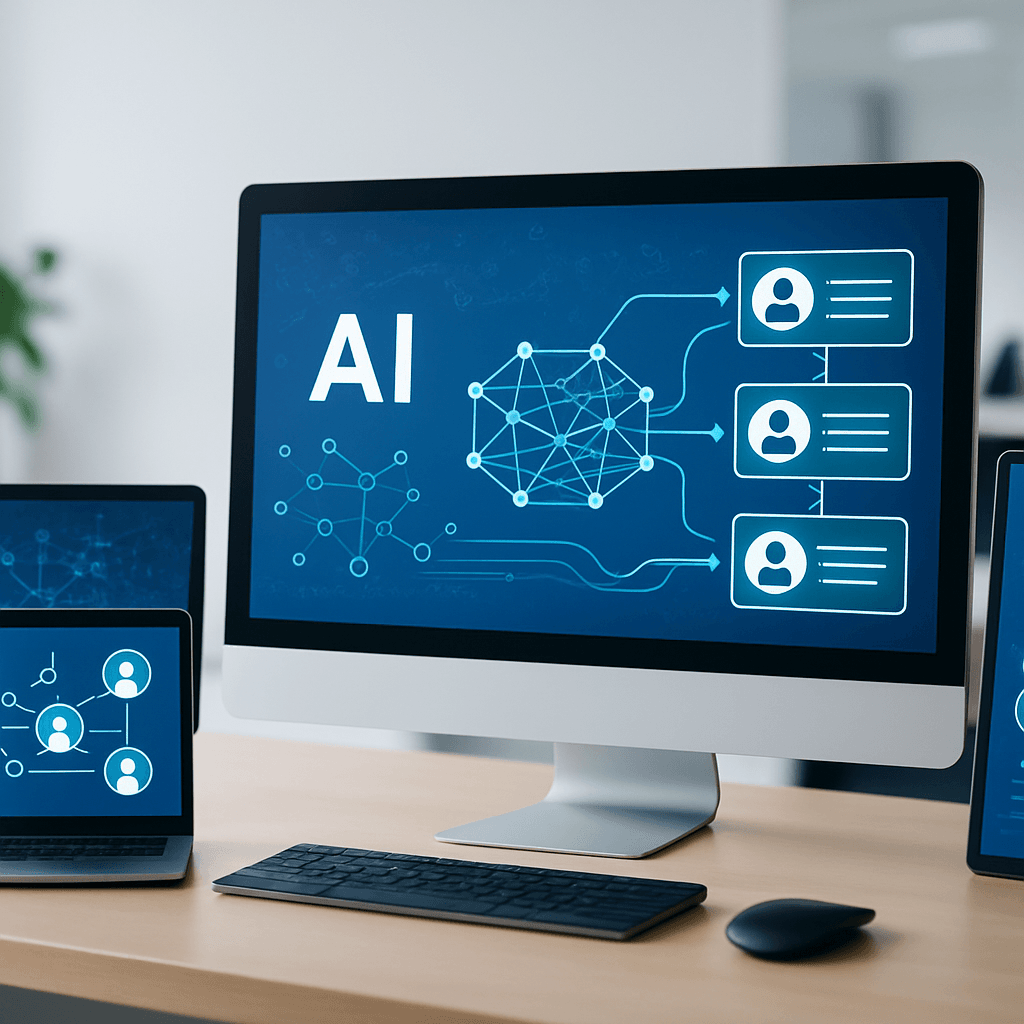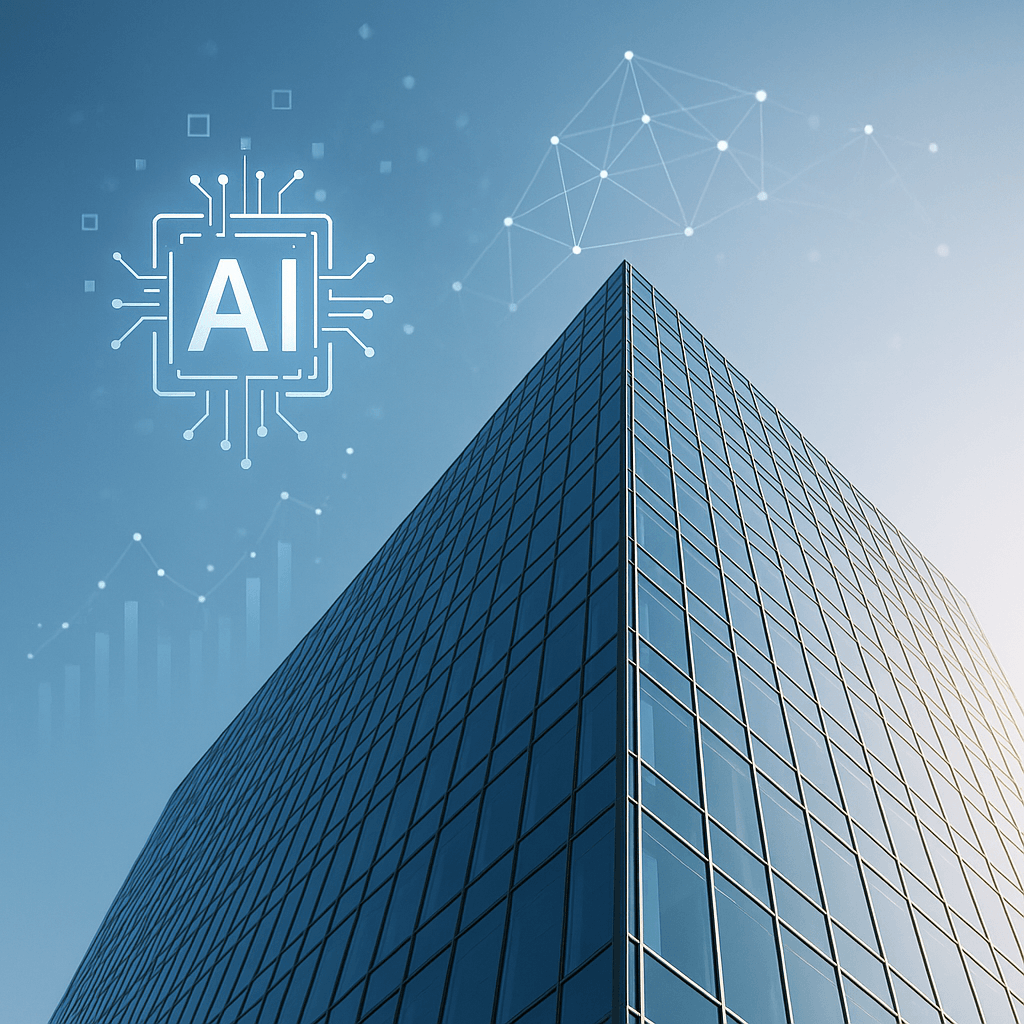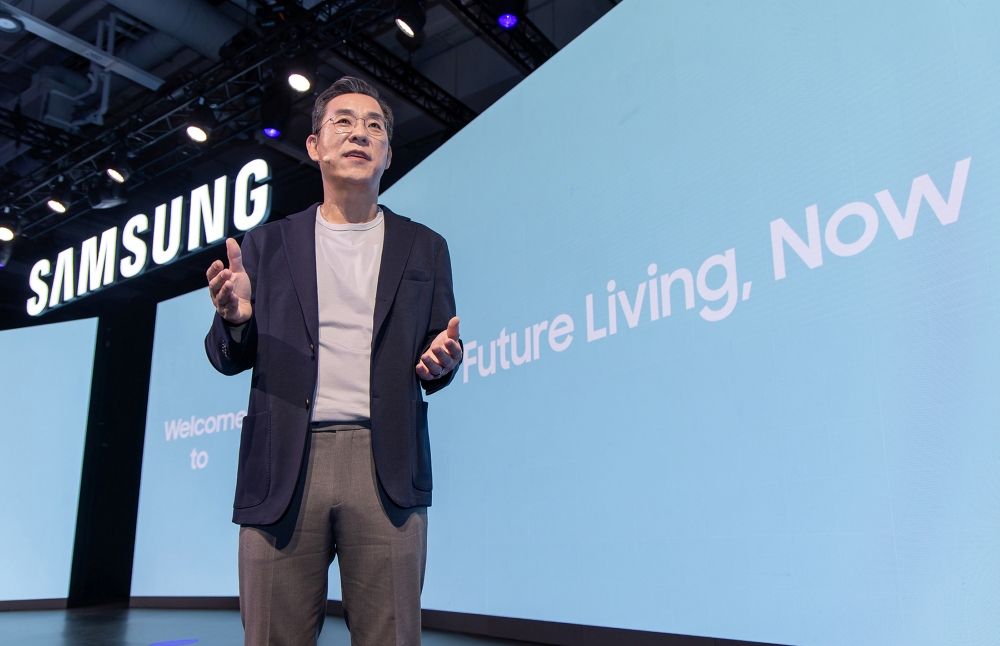Google just dropped a game-changing update that transforms spreadsheet workflows overnight. The company's new =AI function in Google Sheets lets users invoke Gemini directly from any cell to categorize, summarize, or generate hundreds of rows of text instantly. This isn't just another AI integration—it's democratizing advanced data processing for millions of enterprise users who don't need coding expertise to harness machine learning capabilities.
Google just rewrote the rules for spreadsheet automation. The tech giant's latest Google Workspace feature drop introduces a deceptively simple =AI function that transforms Google Sheets into a powerful machine learning interface accessible to anyone who can type a formula.
The implementation couldn't be more straightforward: users simply type =AI in any cell followed by their instruction for Gemini, and Google's AI model processes the request across specified data ranges. "You can use the AI function to categorize user feedback, summarize product reviews or write personalized copy," Google explained in today's announcement. "You don't need to be an AI or spreadsheet expert to do it, either."
This marks a significant shift in how enterprises handle data processing workflows. Previously, tasks like categorizing hundreds of customer responses or generating personalized marketing copy required either manual labor or complex integrations with external AI services. Now, Google Sheets users can accomplish these workflows with the same ease as writing a SUM formula.
[embedded image: Google Sheets AI function demonstration]
The timing aligns perfectly with Google's broader enterprise AI strategy. As Microsoft continues pushing Copilot integration across its Office suite, Google is responding with native AI capabilities that require zero additional subscriptions or complex setups. The =AI function leverages the same Gemini models powering Google's consumer AI products, but optimized for structured data processing.
The feature addresses a massive productivity gap in knowledge work. According to recent enterprise surveys, workers spend an average of 2.5 hours daily on repetitive data tasks that could be automated. approach democratizes AI by embedding it directly into the world's most widely-used spreadsheet platform, eliminating the technical barriers that have historically limited AI adoption.












